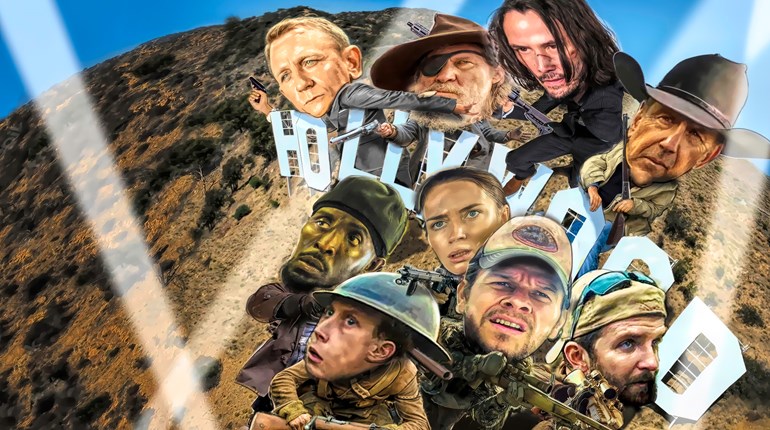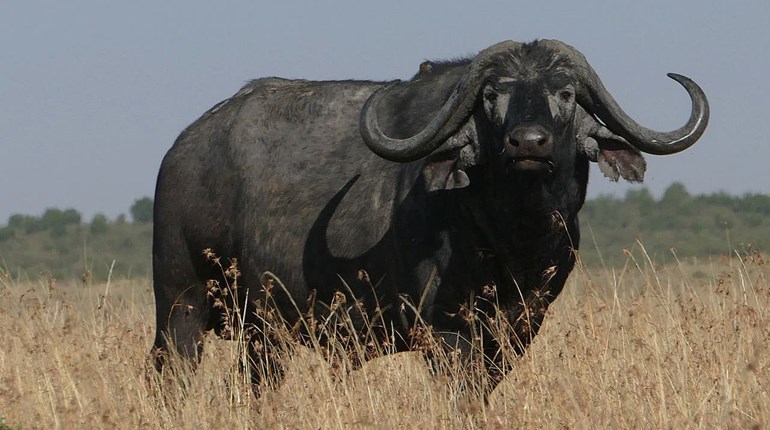
The first time I met Burgess Owens, he was speaking to a small group at the beginning of what would prove to be a grueling, but ultimately successful, congressional campaign. Utah’s Fourth Congressional District ended up being one of the most-expensive and hotly contested races in the country. Owens was in front of a group of influencers gathered to meet the candidate and provide input and educated guesses on strategies that might turn a blue seat red.

I was late, so I sheepishly found a chair in this beautiful home tucked up in the foothills looking out over another one-of-a-kind Great Salt Lake sunset. Before me was a smiling figure in a sport coat, dress shirt open at the collar and jeans. His easygoing nature and mild manner seemed a stark contrast to everything implied by the diamond-encrusted ring on his finger emblazoned with “Super Bowl Champion.” Nice guys don’t start at safety for the Oakland Raiders, who won Super Bowl XV in ’81. Indeed, Owens would need every ounce of toughness possible for what was shaping up to be a bare-knuckle political brawl.
As I got comfortable on a leather sofa, Burgess was just starting to relate a story that quickly developed into something out of a novel or a movie. The dozen or so people circled around were silent, their faces focused in rapt attention. Burgess told how, in the 1920s, members of the Ku Klux Klan had threatened his grandfather and his grandfather’s family. Burgess paused after telling how Model Ts, loaded with armed men looking for trouble, rode into his grandfather’s poor neighborhood. By this time, we were hanging on every word. But what I was sure would be a tragic ending was not to be. Burgess said that, because his grandfather had the right to bear arms, he and his relatives were prepared to defend their homes, families, lives and liberty. When these evil Klan members stepped off the running boards of their Model Ts, they heard the distinctive sound of multiple pump-action shotguns, bolt-action rifles and other guns being loaded and readied for action. The bad guys turned tail and ran. The lesson, according to Owens? When evil comes to the door, free people protect themselves with the Second Amendment.
Clearly, Owens’ family experiences had instilled an appreciation for the Second Amendment that wasn’t theoretical or removed. Additionally, every element of his persona reflected the respect, admiration and pride he felt for his parents and grandparents. Here was a man who knew where he came from; a man who appreciated the debt he owes to the sacrifices his family made that allowed him to be the man he has become; here he was, a descendant of slaves, about to launch a bid for a seat in the U.S. Congress.
After relating his grandfather’s dramatic confrontation, Burgess segued into a discussion of the life and philosophy of Booker T. Washington. I was familiar with him, as he is the man who initially directed the affairs of the Tuskegee Institute. What I wasn’t familiar with was Washington’s mantra of “head, heart, hands and home.” Burgess explained that through education and training (head), love and commitment (heart), hard work and self-sufficiency (hands) and family-centered communities (home), today’s problems and challenges can, indeed, be overcome.
I was rapidly being won over. And I wasn’t the only one. This former NFL superstar had just recruited a new team—we were all on board. I was so impressed, I had to get to know this candidate better. That encounter led to the opportunity to shoot a short video detailing Burgess’ feelings about the right to keep and bear arms and to the following conversation about what he intends to do as part of the congressional freshman class of 2021.
A1F: What is the most-important lesson you learned from your father?
Owens: The idea of self-sufficiency in every form: mental, emotional, physical. A big part of physical was that, as a man, it was my responsibility to make sure my family was provided for and protected—I needed to be willing to run toward evil. My father was part of that great generation that came out of World War II. Everything I do is to follow his example of protection for our homes, our kids, families and country. It’s all about self-sufficiency.
A1F: How did your father’s example influence your political thinking and choices?
Owens: We grew up in a very conservative community. In that community, we were taught respect for God, country, family, women and authority. Because of that, I had that foundation of gratitude that I could live in a country that supported those things. In terms of the political thinking process, we were supposed to be free-thinkers and expected to be able to defend a position. There were times I didn’t agree with my dad, but as long as I was able to articulate my position, he respected and appreciated that. I never remember a time when, through shame or intimidation, he shut down my thought process. He always allowed me to be a critical thinker.
A1F: What did you learn as a Superbowl champion that will help you in Congress?
Owens: The biggest thing I learned was there were two ways of looking at the scoreboard: the actual score itself and the time remaining on the clock. We do our best to impact the score and then, how do you use the remaining time? All I can do is control how I hustle—that’s what I can do now. I have the benefit of enjoying service; that’s part of my nature. And, I hustle. Put those two together, and no matter what side of the aisle members of my district are on, I plan to hustle to serve them with whatever time I have.

A1F: What are some of your favorite guns to shoot?
Owens: Old-school .22s. Target shooting was what I grew up with, more so than hunting. Dad taught us how to shoot. Dad was always very careful to teach us to be very safe. I like to go out with my son-in-law to shoot his Glock 19 and CZ-Scorpion. I love laser sights.
A1F: The last openly pro-gun Democrat, Collin Peterson, just lost his re-election bid. Given this, how can you reach out to the other side of the aisle to defend the constitutional right to keep and bear arms?
Owens: It’s really not a matter of reaching across the aisle. People come with a pre-set idea of what they feel about protection. I’m going to talk to the American people to make sure they know the importance of the Second Amendment, particularly when talking about defunding the police. There is an innate right to protect ourselves so that we can survive and live another day. So, we can make sure that when evil shows up at the doorstep, we can defend ourselves. My message is to make sure we understand that we have the right to protect those things we hold dear, like our life, liberty and the pursuit of happiness. There is a force out there that wants to take away everything that we hold dear. We must be able to protect ourselves.
A1F: We gained nearly 8 million new gun owners in 2020, many of them Democrats and minorities. Does this make you hopeful for the future of the Second Amendment?
Owens: It does. It’s in the tough times that Americans reflect. Look at Pearl Harbor or 9/11. Democrats and Republicans, ask the tough questions. Should we have the right to protect ourselves when there is an ideology that wants to defund the police? Should we have the right to send our kids to the best schools possible? The Second Amendment is one of those things we need to talk about now. I hope the Democrats who bought guns understand the process that got them here. This year has allowed us to go from sympathy to empathy. Empathy is when we are all in. Now we have Democrats that understand this is how Black people have felt all along—they want to protect themselves and others. Now Americans across the board know how it feels. You don’t have to be a Democrat or a Republican to understand we want to protect our lives, our families and our businesses. We need to be sympathetic to those whose rights have been taken away.
A1F: What will you do to encourage more minorities to practice and embrace their right to keep and bear arms?
Owens: The best thing that I can do is get the word out. I think what’s happened this last year is that, across the board, we are slowing down and thinking about the common sense of being able to protect ourselves. I’ll be a voice and will encourage others. The biggest problem is political correctness trying to make us feel ashamed of purchasing a gun. A gun is a tool for protection, but it’s also a statement to embrace who is responsible for protection—that’s the individual. It’s the tool to make sure that we the people, we are in control. We are the first in line to protect ourselves. Again, self-sufficiency—the first line of defense should be ourselves.
A1F: What do you feel is the most-immediate threat to the right to keep and bear arms?
Owens: Apathy. It’s always been apathy. Also, a lack of education about our history. What the Left does best is steal our history and our education. Karl Marx said that “the first battlefield is the rewriting of history.” We haven’t been fighting for our history. We too often just go along blindly living our own lives while our basic rights are being taken away, little by little.
So, let’s understand our U.S. Constitution; who were the authors of the Constitution? Fifty-six imperfect men, that were inspired by a perfect God, signed our Declaration of Independence. We need to go back and teach our kids where our rights come from, and they should not be taken away from anybody because they were given to us by God. Life, liberty, the pursuit of happiness, freedom of speech, freedom of religion, the right to keep and bear arms … are what the mosaic of freedom really looks like. Without any one of those rights, we don’t have the freedom we’ve been gifted.


































